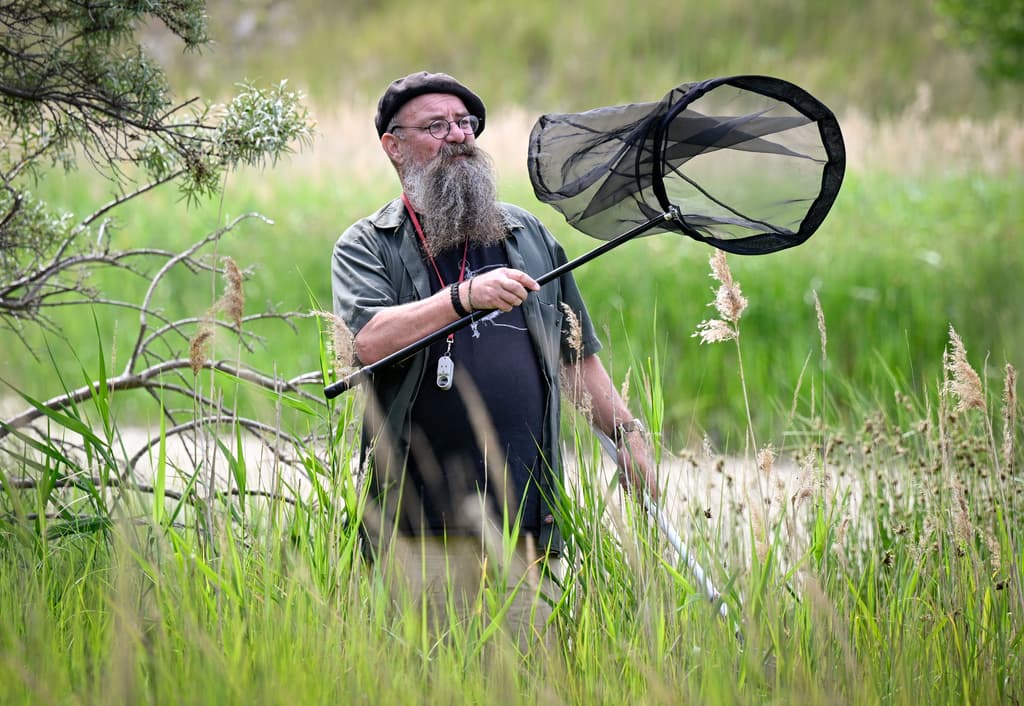Cultivating plants that are said to repel mosquitoes is not the best idea.
If you're unlucky, you can actually attract them instead, says Sweden's leading mosquito expert Anders Lindström.
Summer is a joy for most Swedes, but for many, there is simultaneously an annoying disturbance – mosquitoes. This time of year, a lot of tips are spread about how to get rid of the plague, and they range from various household tips to gadgets of varying kinds.
One of the more widespread tips is to cultivate plants that smell strongly, such as lemon balm, lavender, mint, basil, and marigold. The idea behind this tip is that the strong scent will help keep mosquitoes away when placed by doors, windows, and outdoor seating areas.
Sweden's leading mosquito expert Anders Lindström, who is a mosquito researcher at the National Veterinary Institute, debunks the plant method and says it can actually be counterproductive.
Mosquitoes also want the carbohydrates in the nectar found in plants, and if you're unlucky, you can attract them instead.
Anders Lindström is not aware of any scientific studies that support the claim that plants themselves, or their scent, can repel mosquitoes. However, the contents of certain plants can actually help against mosquitoes.
For example, in geraniums, there are about 30 aromatic oils that can, with varying success, keep mosquitoes away.
But then you have to extract them from the plants and then apply these oils to the skin in some way. But there is no scientific support for simply planting the plants.






